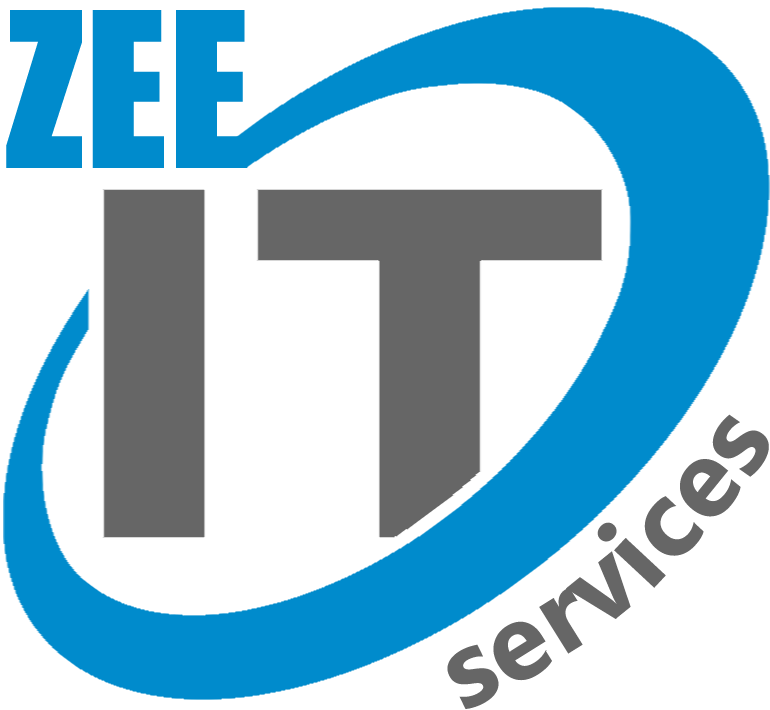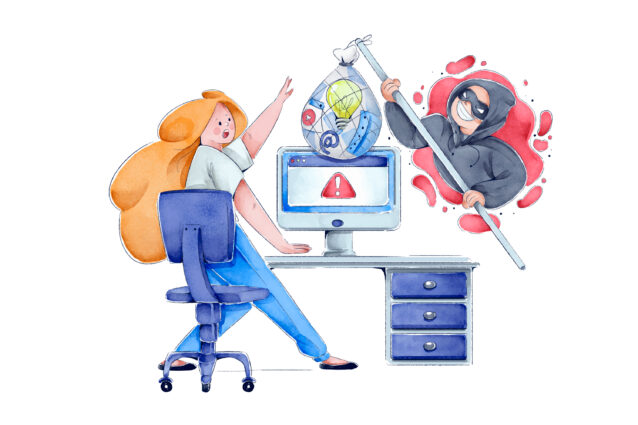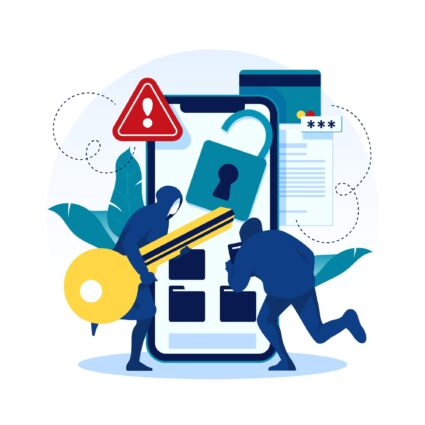It is impossible to overstate the value of SEO in today’s highly competitive environment, where ranking is an important challenge for everyone. You cannot achieve long-term success without effective SEO strategies. To improve your standing in the eyes of search engines, ethical SEO is essential.
The online world can be a double-edged sword – while it offers immense opportunities for growth and exposure, it also exposes you to various threats, including negative SEO attacks. Your entire campaign may be destroyed by negative SEO. Using harmful backlinks and backlink spamming can cause damage to your website as well as cause it to disappear entirely.
However, there are some effective ways and best practices that can save you from negative SEO attacks. But what are those ways? We take this comprehensive guide for you in which we tell you all those ways that can protect you from negative SEO attacks. So, let’s start it!
What is negative SEO?
In order to protect your online presence from negative SEO attacks, it is important to first understand what negative SEO protection actually is. This is because it is possible that some individuals will hear the term for the first time and be unaware of it. Negative SEO is the practice of using unethical SEO techniques on another person’s website. Competitors that seek to lower the ranking of your websites frequently use this strategy. Playing by the rules, such as posting content, promoting their services on social media, and according to Google update requirements, is excellent practice. However, there are some people who wish to play a dirty game before you reach a better rating. They begin by creating spammy backlinks and duplicate content before overloading Yelp with bogus reviews and even hacking your website. The danger comes from the possible harm to your website’s online visibility, reputation, and search engine positioning. It’s a shadowy world where the intent is to destroy rather than compete fairly.
The Importance of Protecting Your Online Presence
Your online presence is your digital storefront, representing your brand and business to the world. Ensuring its integrity is vital for success. Negative SEO attacks can tarnish your reputation, affect customer trust, and reduce your online visibility, leading to a decline in revenue. Fortunately, if you’re vigilant, you can often identify harmful SEO campaigns before they do damage that cannot be repaired. There are several ways through which you can save your website from the negative SEO that we’ll discuss next.
Strategies that Protect from Negative SEO
It’s crucial to stay one step ahead in the SEO game to maintain and improve your website’s visibility. Here are strategies that can help protect your website from negative SEO, ultimately helping you outrank your competitors in Google’s search results.
Perform Regular Link Audits
Link audits are essential to ensuring the health and authority of your website. Regularly assessing your backlink profile can help identify and disavow harmful links. But if you suddenly observe a significant increase or decrease and haven’t been working on link development, it should raise a few questions. Competitors might hack your website and affect how it receives backlinks. He may alter the text and insert spammy links, or he might redirect visitors to their own website. Unless you regularly audit your website, it can be difficult to notice and defend against these sorts of attacks. By using tools such as Google Search Console, Ahrefs, or Moz, you can pinpoint toxic links that might be damaging your SEO efforts. Removing or disavowing these links can safeguard your website from negative SEO attacks.
Keep an Eye on Your Site’s Speed
Site speed is a critical ranking factor for search engines, and it also plays a vital role in user experience. Slow-loading websites not only discourage visitors but can also be targeted for negative SEO attacks. Imagine a potential customer who clicks on your site but leaves due to slow loading times. This results in a higher bounce rate, which search engines may interpret as a lack of quality, potentially harming your rankings. Regularly monitor your site’s speed and optimize it for better performance. Ensure your site’s speed is optimized by Compress images, leverage browser caching, minimize HTTP requests, and consider a Content Delivery Network (CDN) to enhance your site’s loading speed.
Search for Scraped Content
Scraped content refers to content copied from your website and published elsewhere without your permission. Not only can this affect your website’s uniqueness and authority, but it can also lead to duplicate content issues that hurt your SEO. Utilize plagiarism-check tools to identify scraped content, and request the removal or proper attribution of your content. Suppose a malicious competitor scrapes your unique content and publishes it on various spammy websites. This can confuse search engines about the original source of the content and hurt your rankings.
Monitor Google My Business
For local businesses, a well-optimized Google My Business (GMB) profile is vital. Regularly check your GMB listing for any unauthorized changes, fake reviews, or inconsistencies. Your competitors might attempt to edit your GMB listing by changing your business hours or phone number. By monitoring and maintaining your GMB listing, you can protect your local SEO efforts from negative SEO attacks and ensure that potential customers find accurate information about your business.
Watch Your Keywords’ CTR
Click-through rate (CTR) is a valuable metric to gauge the effectiveness of your SEO efforts. Keep a close eye on the CTR for your targeted keywords. A sudden drop in CTR could indicate a negative SEO attack, such as click manipulation. In such cases, take immediate action to report the issue to Google and disavow fraudulent clicks. To track the CTR of your keywords:
- Login into Google Search Console
- Look at your CTR across every keyword
- Go to Search Traffic > Search Analytics, and click.
Contact Google and start rejecting the harmful links if you find a significant increase that doesn’t make sense.
Check Your SERP Ranking
Regularly monitor your website’s search engine results page (SERP) ranking for target keywords. Imagine your website consistently ranks on the first page for a specific keyword. Sudden drops in ranking can be a sign of negative SEO activities, including the manipulation of your website’s rankings. Use rank tracking tools to keep an eye on your visibility to get a complete picture of how well your site is performing. By staying vigilant and addressing these issues promptly, you can maintain a strong presence in the SERPs.
Upgrade Your Security
Enhancing the security of your website is not only crucial for protecting against hacking but also for safeguarding against negative SEO. A hacker might try to access your website and change its structure or content. By putting strong SEO security measures in place, you can stop these types of attacks and maintain the integrity of your website. Regularly update your website’s security features, employ strong and unique passwords, and keep your content management system (CMS) and plugins up to date. Additionally, consider implementing an SSL certificate to secure data transfer and gain a ranking boost.
Why choose Zee IT Services?
Elevate your online presence with ZEE IT Services, where we specialize in Ethical SEO. We focus on amplifying your digital success while safeguarding your brand from negative SEO threats. Your success is our priority, and with us, you’re in good hands. Experience the power of ethical SEO with ZEE IT Services.
Frequently Asked Questions
How can I tell if my website is under a negative SEO attack?
You can detect a negative SEO attack by monitoring your website’s backlinks. If you notice a sudden influx of low-quality or spammy backlinks, it may be a sign of an attack.
Can negative SEO attacks be prevented entirely?
While it’s challenging to prevent negative SEO attacks entirely, you can mitigate the damage by employing proactive strategies like monitoring backlinks and strengthening website security.
What should I do if my website is already a victim of a negative SEO attack?
If your website has fallen victim to a negative SEO attack, act swiftly to disavow harmful backlinks and restore your website’s reputation. You may also seek professional help for a thorough cleanup.
Is creating high-quality content the most effective defense against negative SEO?
Creating high-quality content is a powerful defense because it not only attracts visitors but also boosts your website’s credibility. However, it should be part of a broader strategy that includes monitoring backlinks and improving site security.
How often should I check my website for potential negative SEO threats?
Regular monitoring is key. Schedule monthly or quarterly checks using tools like Google Search Console and SEO auditing software to stay on top of potential threats.



